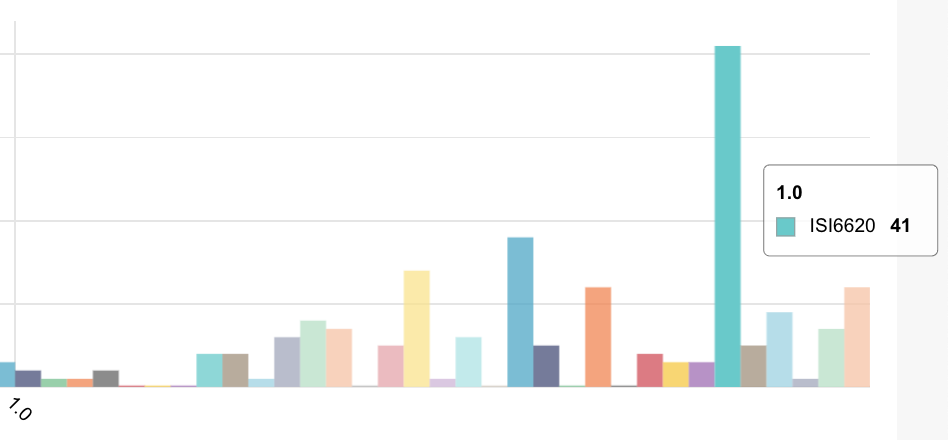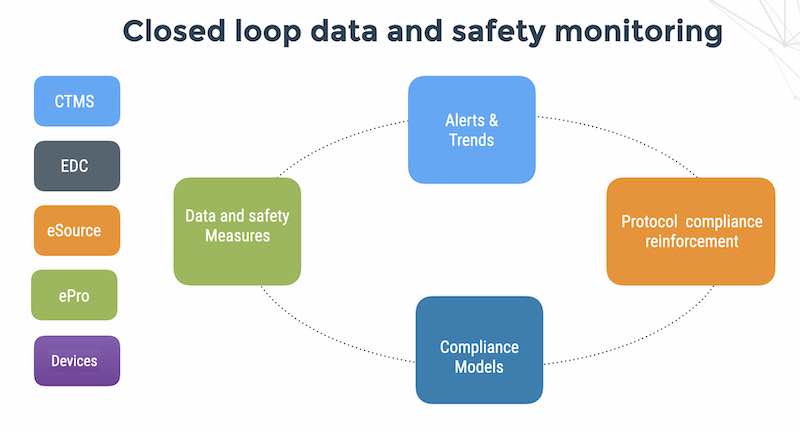One of the most challenging problems in medical device clinical trials and in real-life is how to achieve high levels of patient compliance to the protocol.
Automated patient compliance technology in medical device clinical trials is confronting CROs with an unpleasant status-quo of SDV as a low-value-add, high-cost, time-consuming activity for patient compliance assurance. The approach that this company takes provides continuous patient monitoring without requiring patient compliance at all.
EarlySense is an Israeli medical device that is based on a paddle placed under the patient’s mattress that continuously monitors patient movement, HR and RR trends.
The EarlySense device helps facilitate timely interventions for patients in non-ICU settings by adding a layer of care with continuous monitoring, drawing attention to those who may show early signs of deterioration and may require clinical intervention.
Since the EarlySense contact-free sensor (it looks like a small plate) is placed under the mattress and there are no leads attached to the patient – there is no need for patient compliance.

We spoke Dalia Argaman, VP Clinical & Regulatory at EarlySense to understand how to take medical devices from the design and engineering stages, navigate regulatory pathways and execute medical device clinical trials that receive FDA approval and save lives.
“I have a BSc in Chemistry and MSc in Chemical Physics and I was lucky enough to start my career immediately after completing my education. I joined Direx (a startup employing 6-7 people at that time) and became a part of developing an innovative medical device in the field of shockwave lithotripsy which is designed to break kidney stones without invasive procedure. Beforehand the standard of care was that patients with kidney stones had to undergo surgical procedure full of discomfort and further complications. I was the one who took the medical device through clinical trials when the first prototype was created”.
It was back then that Dalia got introduced to the world of medical device clinical trials, submissions to regulatory authorities (FDA, CE, CFDA) and clinical data management.
Dalia has been on top of this innovative world through the 20 years of her career, working in several companies that develop different medical devices. Alongside success, she experienced a number of professional and personal challenges that shaped her career.
“You actually might be surprised to find out that the biggest challenge I had to overcome during my career was to try and balance family life with professional. I am a career person but I also have a family and I always had to juggle between being a mother, raising a family and moving forward on the career ladder. In addition, I think when you are a regulatory person, working with various people with different understanding, different backgrounds and fields and trying to get everyone at the same page is a huge professional challenge”, she said.
While working for Glucon (Developer of Non-Invasive Glucose Monitoring Devices in Israel) Dalia was involved in clinical trials with patients who had diabetes: that included children as well. She recalls that this experience was most memorable through her entire career as it required creating a medical device that would make patient compliance easy.
“People with diabetes are prone to numerous complications: patients have to monitor their blood glucose level constantly to avoid hyperglycaemia: the procedure is usually done by pricking the finger and drawing blood for analysis. You can only imagine how uncomfortable it is for young children or their parents who sometimes have to wake their child up several times a night to check it. Being involved in a company that develops a device capable of making so many people’s lives easy is a subject of great pride for me”, she says.
Dalia Argaman is currently in charge of clinical regulatory affairs and quality assurance in Earlysense. The company develops contactless sensors that are placed under hospital bed mattresses and allow to monitor vital signs (heart rate, respiratory rate and other parameters) in a contactless way without making the patient feel uncomfortable.
“They can help the physicians, nurses to continuously supervise the patient and detect early signs of deteriorating in order to intervene early, thus reaching a better outcome”. All of this is done using passive monitoring of the patient’s movement and without requiring patient compliance.
“There is currently a long delay between the time that a medical device is being developed by research and development teams, execution of medical device clinical trials, analysis of data received from clinical data management team, submission to FDA and the time that products get to the end users. The delay is connected with vigorous testing a product has to get through in order to be in compliance with standards and be approved. I think FDA understands well the importance of using automation to accelerate the process of executing clinical trials in order enable these medical devices to get to market and start saving lives sooner”.





